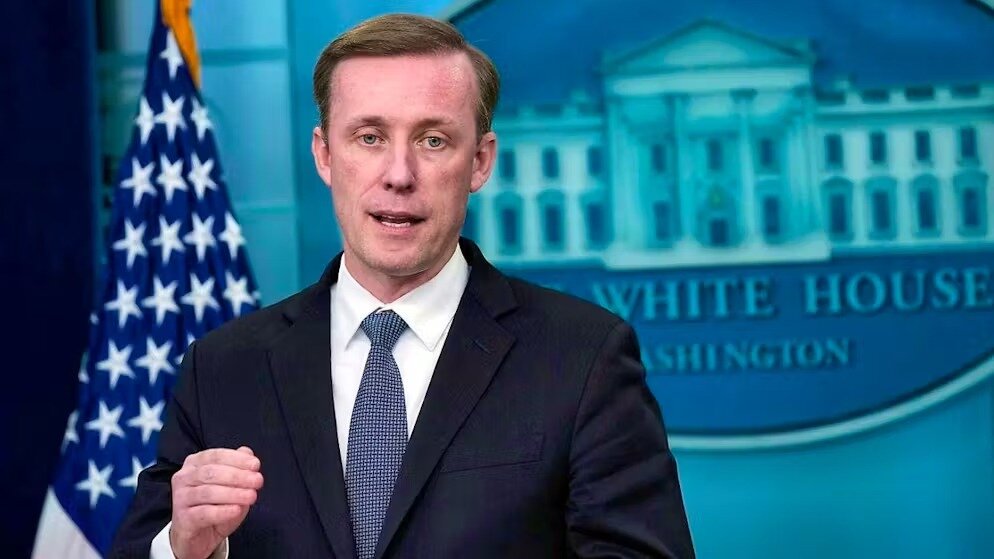
However, Sullivan highlighted the “real risk” that Iran could reconsider its nuclear policy in the aftermath of Syria’s Assad regime, CNN reported.
“It’s a risk, and I’m explaining it personally to the incoming team. I was just in Israel, consulting with Israelis about this risk,” CNN’s Fareed Zakaria said on Sunday’s broadcast. he said in an interview.
Iran’s “traditional capabilities have diminished,” Sullivan argued.
US officials say Iran has lost an alleged proxy, while Islamic revolutionary leader Seyyed Ali Khamenei was removed in a speech on Sunday, claiming Iran has been cut off from regional “proxy forces” and claimed to be the leader of the Islamic revolution. The Republic does not have, nor does it need, such an army to achieve its objectives.
In 2018, Iran activated a dispute resolution mechanism within the JCPOA’s Joint Committee at the foreign minister level of the remaining signatories to the agreement. As a result, JCPOA member states issued a statement outlining 11 commitments aimed at compensating them for the economic damage caused by the United States’ unilateral withdrawal from the agreement and reimposition of sanctions against Iran.
Iran kept its commitments under the JCPOA for one year after the U.S. withdrawal, hoping to give European countries time to fulfill its commitments to reduce the impact of a unilateral U.S. withdrawal. Nevertheless, as European countries failed to fulfill their commitments, Iran began to gradually reduce its obligations under the JCPOA.
Negotiations to resume implementation of the JCPOA have been held over eight rounds in Vienna, with representatives from the remaining signatories to the agreement, the European Union, and Iran also participating. The US delegation indirectly participated in the discussions.
However, negotiations have stalled due to contradictory actions, delays in decision-making, excessive demands, and new demands from the United States.
MNA


